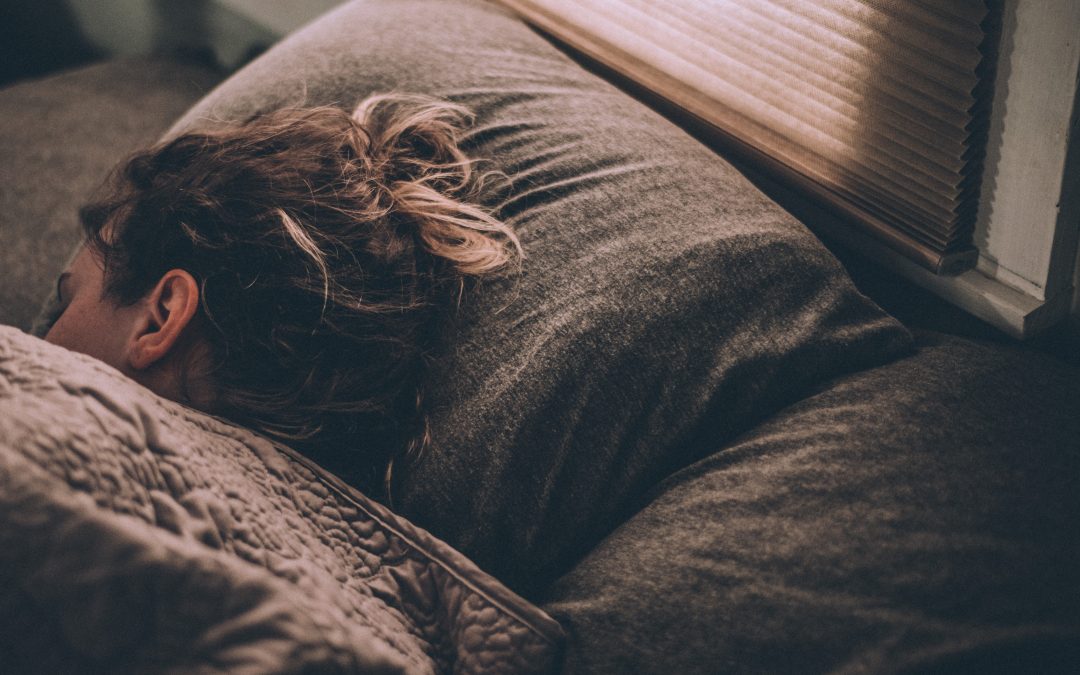We all suffer from sleep deprivation at some time or the other. This can be due to air travel, anxiety, stress, medical issues or other interruptions in your sleep routine. Sleep problems can cause tiredness in your daily routine; and if it’s a regular occurrence and can lead to physical and mental issues.
This can manifest itself as weight gain, stress, memory problems, low mood, irregular blood pressure, loss of energy and a compromised immune system.
Sleep Disorders and Insomnia
How do you know whether your insomnia is big problem, an annoying issue or medical problem? Read through the following list and see whether or not you do these things:
- Fall asleep on your desk at work
- Are irritable and grumpy in the day time
- Fall asleep early evening when watching TV
- Find it difficult to concentrate
- Look tired and other people mention this
- Feel angry for no reason and cannot control your emotions
- Take a nap in the day
- Drink lots of coffee or caffeinated drinks
If any of the above answers are yes then you do suffer from a sleep disorder. We all have an internal clock that regulates our sleep patterns know as circadian rhythms. When it becomes dark our brain releases a hormone called melatonin that makes us feel sleepy and we go to sleep. But when it is light (a cue) in the daytime sends a message to our brain that its time to wake up influencing your circadian rhythms. These rhythms are linked to the sleeping problems, which when not in sync, can lead to anxiety, depression and winter blues or seasonal affective disorder.
How To Get A Good Nights Sleep
What are the things you can do to get a good nights sleep, overcome sleep issues and learn to deal with them effectively:
- Identify the signs and symptoms that causes you sleep problems
- What is your bedtime routine that causes you sleeplessness?
- Keep a diary of your sleep patterns
- What are the things you eat or drink before bed time – alcohol, hot chocolate (caffeine), chocolate biscuits, liquids and what time have you taken them?
- How long are you awake for and what were you doing?
- Did you feel relaxed before bed time or you were stressed, anxious or unhappy?
- Are you on any prescriptive medicines?
By identifying the factors that could be affecting your sleep you can take steps to avoid them, or work on these issues. For example if you are feeling stressed you can try relaxation techniques, or you may want to get professional help such as clinical hypnosis with cognitive behaviour therapy to address the underlying issues that are causing your stressed state.
Things you can do for yourself to improve your sleep patterns:
- Be consistent about your bedtime routine including weekends (regular night-time schedule) – time you go to bed,
- Regular exercise regime in the daytime and not too close to bedtime,
- Don’t nap in the daytime and if you have to have a nap, limit it to power naps of 30 minutes,
- Don’t consume caffeinated drinks, alcohol or stimulants,
- Don’t eat your supper too late as rich meals or spicy meals can cause you to have heartburn and then you will find it difficult to fall asleep,
- Your will find it easy to sleep when your bedroom is dark, cool and not noisy,
- Turn off all screens (TV’s, Facebook, computers, iPads) an hour before you go to bed in order to let your brain relax and not get over stimulated,
- Instead listen to some calming music, practice mindfulness, read a book, listen to an audiobook,
- Don’t drink too much water or drinks as you might want to use the toilet at night and that can keep you up,
- Listen to relaxing music or try a mindfulness exercise so that you drop of to sleep,
- Keep a pad by the bedside to write a list of the things that are bothering you and postpone the brainstorming till the next day.
If stress from work, family, relationships or your career or school is causing you sleepless nights, learning to cope with your stress, anxiety and maintain a calm, relaxed outlook that can help you get a good nights sleep is important.
If you think you could benefit from some professional help, take advantage of my free 30 minute consultation to discuss your options and get advice and strategies to sleep better at night.
[bookly-form]


Recent Comments